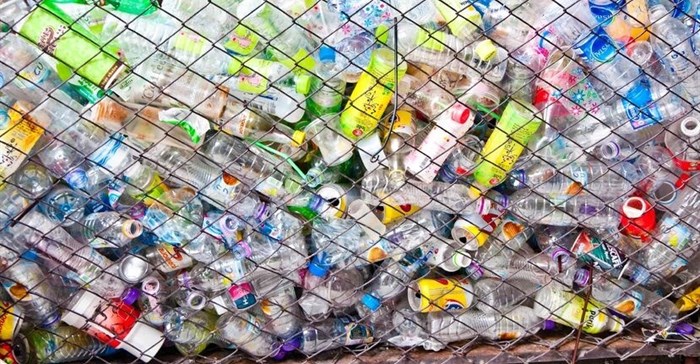Environmental Affairs Minister Edna Molewa is pushing the paper and packaging, electrical and electronic equipment and lighting industries to submit waste management plans to improve the environment. This comes as they face a new packaging tax and a carbon tax.
The government has adopted the principle of the polluter pays to fast-track implementation of the National Environmental Management: Waste Act. This promotes waste minimisation, reuse, recycling and recovery. But makers of everything from cardboard boxes to light bulbs say there is uncertainty over the timing of the legislation and its costs.
The waste act is also aimed at encouraging packagers to promote empowerment in the informal sector and engage in enterprise development.
A recent report by the Council for Scientific and Industrial Research shows that for every 1% increase in paper and packaging recycling, between 600 and 1,200 jobs can be created. But, industry studies show the vast majority of informal "waste pickers" do not want to be registered and many are illegal immigrants.
The packaging industry says bureaucrats do not understand their businesses and specific infrastructure needs and only producers are being asked to pay the costs of cleaning up. This unfairly benefits product importers and brand holders.
"We have been told down the line that they will tax the industry," Charles Muller, executive director of industry body Packaging SA, says.
But levies imposed on industry to clean up waste can quickly become taxes that continue to rise.
Packaging producers strongly object to the inclusion of heavy penalties for noncompliance - heavy fines and up to 15 years in jail for failing to register with the government or for failing to submit or belong to an approved waste management plan. "This is draconian," Muller says. The industry and the government are in a "learning phase together" and it will take years to refine waste management practices.
Earlier amendments to the waste act stated that levies needed by the industry to fund waste processes would be paid into the National Revenue Fund and would not be ring-fenced for recycling.
"Money has not been given back to the industry," Muller says. He cites more than R1.2bn in taxes collected on plastic bags since 2003, which has gone to general government spending. Packaging companies, which already help to fund recycling initiatives across plastics, paper and glass, are likely to withdraw such support if they are charged more taxes, he says.
Amendments in draft legislation to tackle industry concerns have been made in some areas, notably significantly extended time frames.
But Shabeer Jhetam, CEO of The Glass Recycling Company - which focuses on entrepreneur development and job creation - says the packaging industry "has no idea" of the size of any taxes in future. The industry wants to manage any levies for greening the environment - not leave it to the government.
A study conducted by the Department of Environmental Affairs in 2011 showed that about 108-million tonnes of waste was generated in SA that year, of which 97-million tonnes went to landfill. Only 10% of waste was being recycled.
Despite this, SA manages to collect about 57% of 3.5-million tonnes of paper and packaging waste each year. This compares well with many developed countries. Paper recycling rates of about 67% in SA exceed the average global rate of 58%. Collection of waste paper provides cash to about 38,000 people. For now, though, 43% of paper and packaging goes to landfill or ends up in waterways and on pavements.
About 280,000 tonnes of glass bottles - or 41% - are recycled each year in SA. This compares well with Australia and Brazil, at about 47% each, and about 27% in the US. But Jhetam says large retailers in SA tend not to get involved in waste management, unlike in other countries.
The latest waste management initiative follows approval four years ago of the waste tyre management plan. Tyres are one of about 38 different waste streams in SA.
The plan requires tyre manufacturers and importers to pay a waste tyre management fee of R2.30 plus value-added tax per kilogram of tyre to encourage recycling. This was once paid to nonprofit company the Recycling and Economic Development Initiative of SA (Redisa), which promised the government it would turn "waste into worth". But Redisa, the government and industry players found themselves facing off in court over numerous issues, including how Redisa spent its revenues. Collection of the waste tyre management fee was subsequently passed on to the South African Revenue Service.
Source: Business Day



































